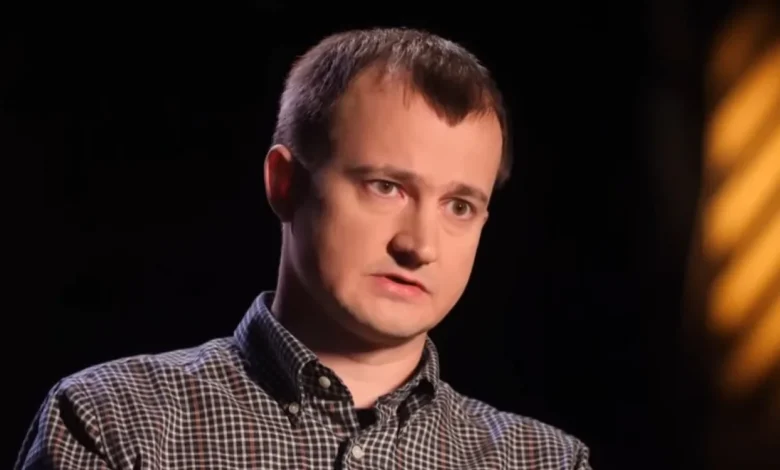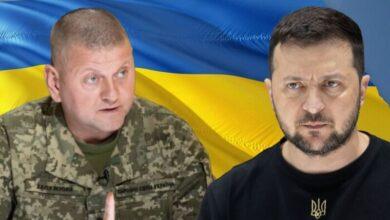Taras Chmut calls for blocking TikTok and Telegram in Ukraine for more effective mobilization (video)

Recently, the issue of restricting access to certain digital platforms has been raised more and more actively in Ukraine. Against the background of a large-scale war and problems with mobilization, some politicians, experts, as well as representatives of volunteer organizations call for tighter control over the information space. The focus is on popular messengers and social networks, which, according to some experts, can be used as a tool for disinformation, demoralization and sabotage by pro-Russian forces. One of the most discussed proposals in recent days was the idea of blocking TikTok and Telegram, which voiced Taras Chmut, Ukrainian volunteer and head of the “Return to Life” foundation.
Chmut openly stated that he sees a direct threat in the free functioning of these two platforms. According to him, it is through them that a systematic information attack is being conducted, aimed at demotivating Ukrainians and undermining the mobilization process. He emphasized that Ukraine has sufficient human resources to continue effective resistance to Russia, but the country’s weak information policy remains a serious obstacle.
Chmut noted that during the years of the full-scale invasion, a clear and convincing communication strategy was not developed that would explain to the population the need for mobilization and motivate them to participate in the defense of the country. Instead, according to him, TikTok and Telegram remain a space where pro-Russian bloggers and “pseudo-opinion leaders” who knowingly or unknowingly spread misinformation, sow doubts and undermine trust in state institutions operate freely.
“Until we close TikTok, until we close Telegram, until we start doing something with openly pro-Russian bloggers and other pseudo-opinion leaders, unfortunately, it will be difficult. Because a lot of time, many years, has been lost, and it is difficult to stop lies with the truth, but it is possible.” Taras Chmut emphasized.
Thus, Chmut advocates decisive actions by the state: restriction of harmful platforms, prosecution of persons conducting information activities in the interests of the enemy, and establishment of a new communication policy. His position arouses both support and criticism, because the issues of freedom of speech, information security and military necessity collide in a complex moral and political balance. However, one thing remains obvious: the problem of mobilization is an unsolved problem at the state level, as well as a “battle for minds”, where the front is being fought in the smartphones of millions of Ukrainians.





